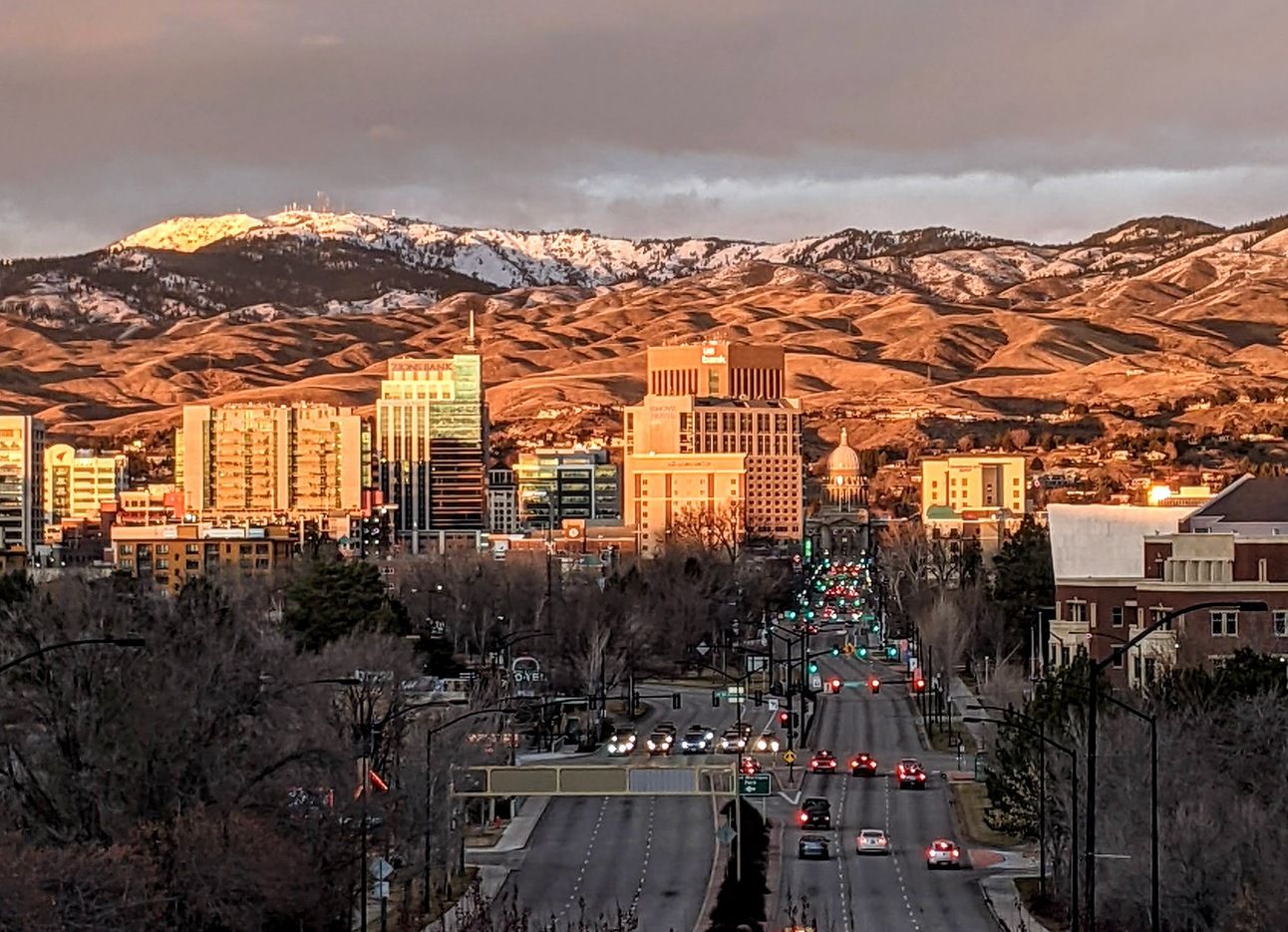- STR Trends
- Posts
- Boise's Short-Term Rental Licensing Sees Low Compliance
Boise's Short-Term Rental Licensing Sees Low Compliance

Two and a half years after passing an ordinance to license short-term rentals, Boise is still struggling to get owners to comply.
The ordinance, approved by Boise City Council in 2020, requires short-term rental owners to obtain an operating license. But to date, only about 20% of the estimated 1,400-1,600 short-term rentals in the city have actually done so.
With compliance lagging, the city is now taking steps to identify unlicensed rentals and bring them into compliance. Mayor Lauren McLean's housing advisor, Nicki Olivier-Hellenkamp, told BoiseDev the city plans to contract with a company to provide data on short-term rental locations based on latitude and longitude.
Using this data, the city will cross-reference with county assessor records to identify property owners. Notices will then go out informing owners of the licensing requirement and directing them to come into compliance. A second "more direct" letter will follow for those that fail to license their rentals, detailing potential consequences like misdemeanor citations.
"We passed this ordinance, and we passed it with the intention of actually enforcing it and so we do expect people to come into compliance," said Hellenkamp. "We are looking forward to being able to support them in doing that."
Why has compliance been so low?
The short-term rental issue has been controversial in Boise. Previous attempts by former mayor Dave Bieter to regulate Airbnbs and VRBOs with requirements like owner-occupancy failed amid disagreements between stakeholders.
When Mayor McLean proposed licensing short-term rentals during her 2019 campaign, she drew criticism from both sides - short-term rental owners opposed the regulatory burden, while others felt her plan didn't go far enough.
Idaho state law also limits cities' ability to ban short-term rentals, restricting regulations to safety and general welfare issues. This complicates enforcement efforts.
Boise City Council is split on the ordinance. Council President Jimmy Hallyburton said with such low compliance, there needs to be more data to consider changes. But Council President Pro Tem Patrick Bageant, who voted against the ordinance originally, wants it repealed entirely. He argues issues like noise and parking can be addressed through other existing codes.
How big is Boise's short-term rental market?
The viral "Airbnb doomsday" predictions this summer were overblown, but analysts say revenues per listing have moderately declined in many cities. However, low-interest rates and cash purchases have left many operators financially resilient.
In Boise, limited sales disclosure makes it difficult to analyze the short-term rental market. But BSU economics professor Lee Parton estimates a complete ban could potentially increase Boise's long-term rental housing stock by less than half of the units needed annually.
If all estimated 1,400-1,600 short-term rentals switched to long-term leases, it would equal a 2.4% increase in occupied rental units. But only if they were all rented to long-term residents - an uncertain outcome.
While short-term rental impacts on housing availability remain debatable, the city's licensing efforts signal an attempt to exert more control over the market's growth. But with state limitations, changes to the ordinance itself are unlikely. For now, the city's focus is simply getting existing short-term rental operators to comply.